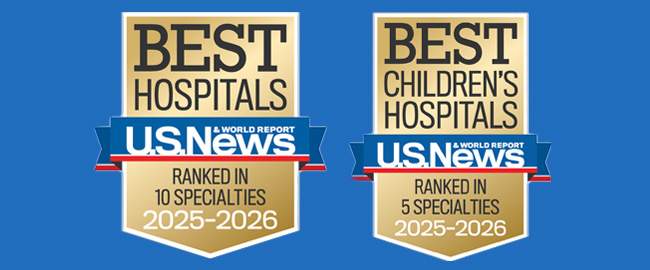Next-Gen Pancreatic Cancer Biomarker Test Identifies Early Stage Asymptomatic Pancreatic Cancer at Hackensack University Medical Center
Thanks to growing referral pipeline, program screens up to 20 new at-risk individuals monthly

Rather than diagnosing at Stage 4, asymptomatic patients with pancreatic cancer risk factors now are frequently identified at treatable Stage 1 thanks to a growing pancreatic cancer screening program at Hackensack University Medical Center.
The center embraced the recent availability of biomarker blood screening for individuals at risk of pancreatic cancer, which has dramatically changed the care paradigm. Three percent of those screened tested positive for pancreatic cancer, which has doubled the center’s pancreatic cancer diagnosis rate and shifted the case portfolio to a majority Stage 1.
Hackensack University Medical Center gastroenterologist Rosario Ligresti, M.D., leveraged the network-wide electronic medical record to identify screening candidates with risk factors like BRCA and new-onset diabetes.
Under his direction, the program recently began using a newly approved generation pancreatic biomarker screening blood test with higher sensitivity, increasing result accuracy. Dr. Ligresti also focuses on clinician outreach to cast a larger net for screening candidates and regularly tests 16 to 20 new elevated-risk patients a month.
While self- and physician-referred patients with a family history are a key focus, outreach with primary care practitioners now broadens the referral base to individuals at risk due to smoking and obesity. New relationships with genetic counselors across various departments, including Hackensack Meridian Health John Theurer Cancer Center, now actively refer patients with BRCA, ATM and other risk-factor mutations for pancreatic cancer screening.
Hackensack University Medical Center recently joined the nationwide Pancreatic Cancer Early Detection (PRECEDE) Consortium, which aggregates data on pancreatic cancer for research study.
Learn more about digestive disease advances happening at Hackensack University Medical Center.
If you are a patient looking for expert gastroenterology care at Hackensack Meridian Health, please visit our gastroenterology & nutrition services page to learn about our specialties, find locations, and schedule appointments.
